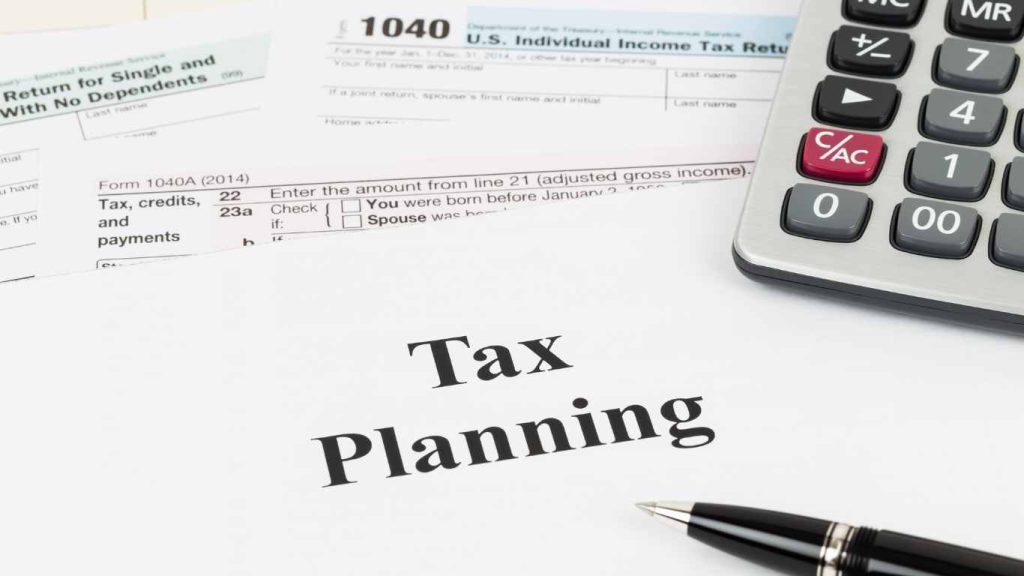It is officially that time of the year when you start planning for a holiday day. But as the year draws to a close, it is time to start law firm year-end financial planning. The legal profession is hectic, but it is important to take some time out and start law firm tax planning. If you also find yourself stuck with tax planning, don’t worry. We have got you covered.
In this blog, we will be sharing a guide to tax planning for year-end. Additionally, we will be sharing some useful financial tips for lawyers.
Guide To Lawyers Year-End-Tax Planning
Here is the only guide that you need for planning attorney year-end taxes.
Take Advantage of Tax Deductions
Lawyers and firms can leverage various tax deductions that are available to them. Lawyers can avail of deductions for business meals. In most cases, the IRS allows 50% tax deduction for business meals. If your law firm spends a good amount on marketing, don’t forget to get it deducted from your taxes. Lawyers’ travel costs are also deductible from the tax. So make sure you are availing all these deductions and managing your taxes like a pro.
Review Income and Expenses

It is important to be aware of every single penny that goes into your taxes. So review your sources of income and all the expenses that you incurred throughout the year. It will make tax year-end planning more organized. Estimate the income for the upcoming year and all the potential expenses that you might have to incur. After that, consider accelerating income depending on your tax situation.
Retirement Contributions
If you want, the best thing that you can do as a legal professional is invest in retirement contributions. You can either contribute to 401(k) accounts or you can simply invest in Individual Retirement Account (IRA). This will help in reducing your taxable income. If you are a lawyer working in a firm, you can simply take advantage of any employer-sponsored available for you.
Section 179 Deduction
If you have purchased any equipment or assets for your office or law firm. And you are planning to do so in the near future. It is a good idea to take advantage of section 179 dedication. This helps you in deducting the cost of qualifying property the year it was placed in the service. This way you will be able to save the cost of the whole year.
Charitable Contributions

Year-end is the time when you should consider giving back to the community. So take part in charitable events, and contribute to the betterment of society. This will also help you in qualifying for tax deductions. But make sure you are keeping detailed records of all your donations, such as receipts.
Capital Gains and Losses
Review your investment portfolio and analyze your gains or losses. If any of your investments are not making a profit, consider selling it. This will help in tax saving. Make sure you are aware of the wash-sale rule while selling your investment. It might hamper your chances of claiming the loss.
Financial Tips for Lawyers And Firm
Finances are a crucial aspect of any business or profession. As a lawyer, you need to be very responsible for your finances.
1. Do year-end tax planning: Planning your tax in advance is an important financial tip for lawyers and firms. You can leverage deductions and other perks that are available to you.
2. Budgeting: Budget Budget Budget! Don’t just go with the flow, plan your budget in advance. Estimate your expense and be prepared for it. Set a specific budget for all kinds of requirements.

3. Emergency Fund: Emergencies come uninvited and can impact you a lot if you are not already prepared for it. Create an emergency fund to face any emergencies. Unexpected financial challenges won’t be that big of a problem if you are prepared in advance.
4. Retirement Planning: Most people earn their whole life but don’t save for retirement. This is one of the biggest financial mistakes that you, as a lawyer, can make. Make sure to invest in a retirement plan. If you are a firm, make sure to offer retirement plans to professionals within the firm.
5. Investing: Invest smartly in different investment options. Don’t just be dependent on one source. Investing in different assets will help you cover the loss of others. So diversify your investments. Compare different plans that are beneficial for lawyers and attorneys and invest accordingly.
6. Continuing Education: Legal professionals are required to upgrade their knowledge and skills from time to time. This is why they need to take different courses to continue this education they will need to save. Allocate a budget for your education.

7. Insurance Coverage: When it comes to finance management and investment, having insurance is necessary. Make sure you have insurance that covers your professional liability and disability. Keep it regularly updated as your circumstances change.
When planning year-end tax strategies and reviewing your insurance coverage, it is crucial not only to think about professional liability but also to consider personal protections like life and disability insurance. For those considering or currently receiving disability payments, it might be prudent to evaluate all options and programs available. Exploring various types of disability benefits, from Social Security Disability Insurance (SSDI) to Veterans Disability Compensation (VDC), can provide comprehensive insight into rightfully accessible aid.
The Parting Thoughts On Year-End-Prep
The year is coming to an end. So legal professionals be ready with your year-end tax planning. Look back at your year and calculate your financial mistakes and make sure to not repeat them in the upcoming year. Invest wisely. Plan your law firm taxes in advance. Analyze all the tax deductions that are available in your location and make sure to include it in year-end tax planning.
Frequently Asked Questions
Yes, legal fees are taxable, and lawyers should clearly record and report the fees that they receive.
Yes, lawyers can deduct their bar association fees and other business expenses from the taxable amount. However, it is important to understand that personal expenses and initiation fees are excluded.
There are various tax credits available for lawyers. These include education credits for continuing legal education, research credit, small business credit, business meals, office meals and professional.

